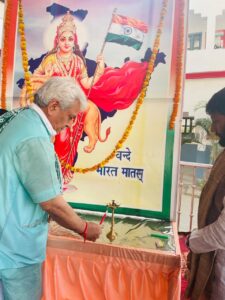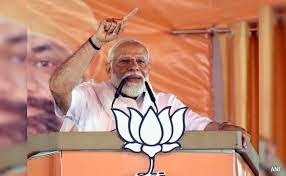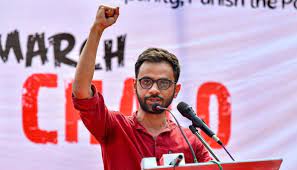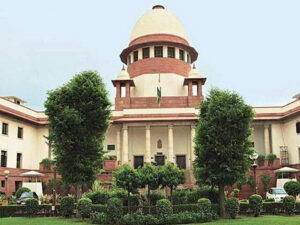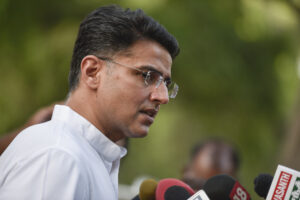SC starts hearing on whether its 2017 verdict on guidelines for sr advocate designation rneeds tweaking
New Delhi, Mar 15 (PTI) The Supreme Court on Wednesday commenced hearing arguments on whether its 2017 verdict laying down guidelines for itself and high courts governing the exercise of designating lawyers as senior advocates require any tweaking.
As soon as the hearing commenced before a bench headed by Justice S K Kaul, a lawyer told the court that a separate petition has been filed against the designation of lawyers as senior advocates and that plea should also be heard simultaneously.
Advocate Mathews J Nedumpara told the bench that Chief Justice D Y Chandrachud had on Tuesday said the petition will be listed for March 20.
“As and when the matter will come up, if it is listed before us, we will hear it,” the bench, also comprising Justices A Amanullah and Aravind Kumar, said, adding the plea was not listed for hearing before it on Wednesday.
Nedumpara said the petition has sought abolition of the practice of designating lawyers a ‘Senior Advocates’.
He alleged that majority of the senior advocates are the “kith and kin” of judges and lawyers.
“Many designated senior advocates are first generation lawyers,” the bench responded to his claim.
The bench told Nedumpara it will hear the petition when it will come up before the court and “if we ultimately agree with you, then this (the designation) will go”.
“It is very difficult to put the clock back,” Nedumpara said.
The bench thereafter proceeded to hear arguments advanced by senior advocate Indira Jaising, on whose petition the 2017 verdict was delivered.
“So far as the present law stands, there is already a judgement. The question is does it require any tweaking or does it not require any tweaking,” the bench observed.
Jaising told the bench the legal profession has changed a lot and today the Bar Council of India (BCI) has come out with rules and decided to permit foreign lawyers and law firms to practise in areas such as foreign law, international legal issues and arbitration matters.
“Today, look at how many Indians work at foreign law firms. The number is growing,” the bench said.
Senior advocate Vikas Singh, who is also the president of the Supreme Court Bar Association, also advanced arguments, which will continue on Thursday.
On February 16, the apex court had said it will consider whether its 2017 verdict on the issue needs to be revisited.
“The scope really is whether the judgement needs some modifications or not,” the bench had observed while hearing a batch of pleas raising issues about designating lawyers as senior advocates.
The apex court was told that the October 2017 verdict had noted that the guidelines enumerated in it “may not be exhaustive of the matter and may require reconsideration by suitable additions/deletions in the light of the experience to be gained over a period of time”.
In May last year, the top court had modified one of its earlier directions and said the lawyers be allocated one mark each for a year of practice from 10 to 20 years while being considered for designation as senior advocates.
Earlier, the apex court had agreed to consider pleas seeking declaration of the process adopted by some high courts to confer the ‘senior’ designation to advocates through the process of secret voting of the full court as “arbitrary and discriminatory”.
In 2017, the top court had laid down guidelines for itself and the high courts to govern the exercise of designating lawyers as seniors.
One of the guidelines provided that advocates with practice experience between 10 and 20 years will be awarded 10 marks each for their experience as lawyers while being considered for designation as seniors.
The 2017 verdict, which had come out with a slew of guidelines, said “All matters relating to the designation of senior advocates in the Supreme Court and all the high courts of the country shall be dealt with by a permanent committee to be known as ‘Committee for Designation of Senior Advocates’.”
The panel will be headed by the Chief Justice and consist of two senior-most judges of the apex court or high court(s), as may be, and the Attorney General or the Advocate General of a state in case of a high court it had said.
On giving the Bar a representation, it had said “The four Members of the Permanent Committee will nominate another Member of the Bar to be the fifth member of the Permanent Committee”.

